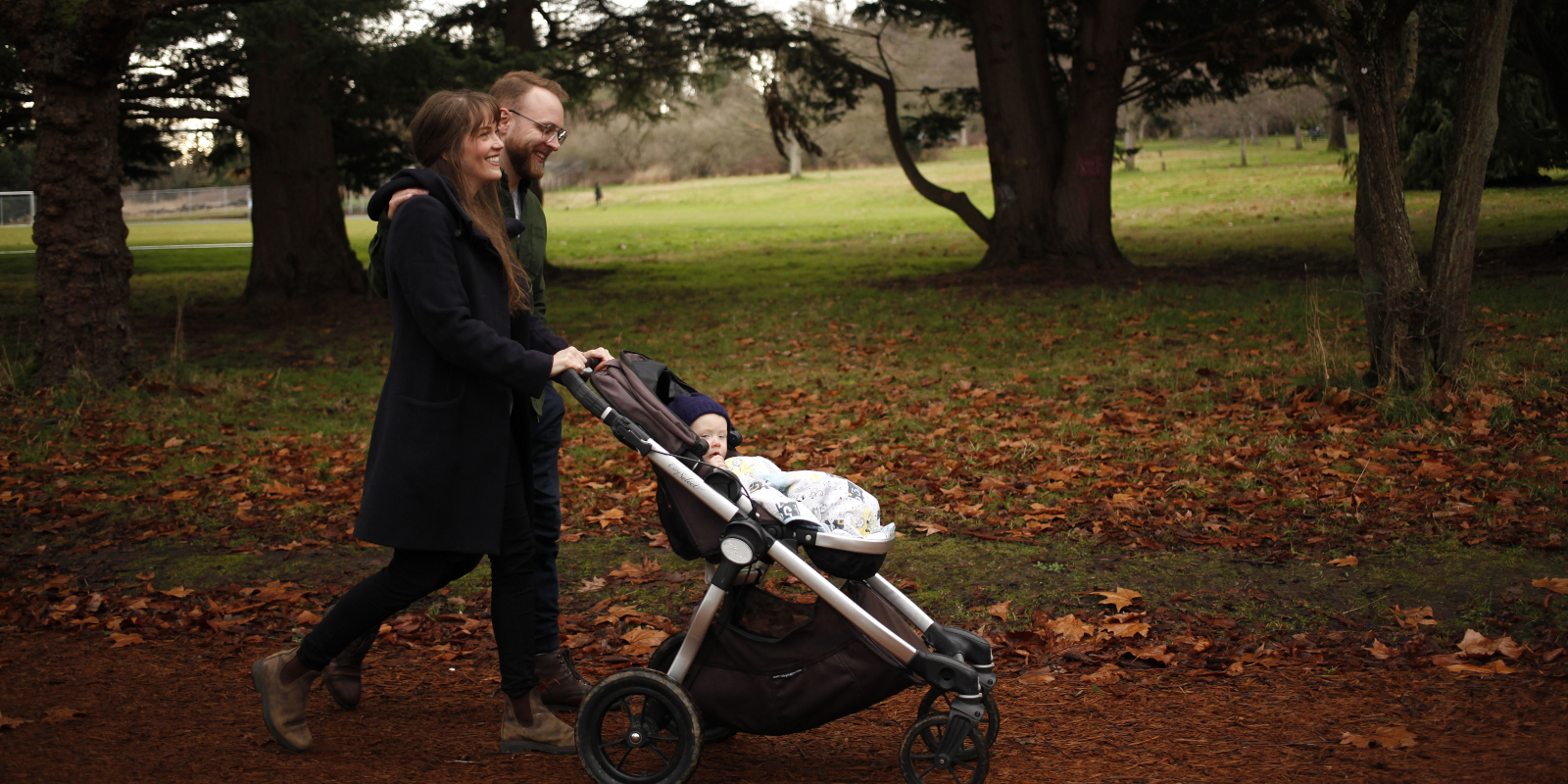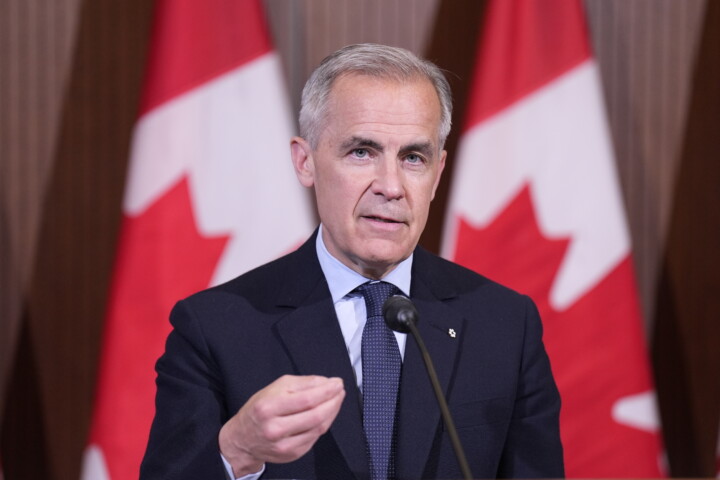About half of Canadian women end up having fewer children than they want and it’s making them less satisfied with life, according to a recent research report from Cardus, a faith-based think tank.
Women in Canada have 0.5 fewer children than they hoped for, on average, and polling conducted by Cardus found that the main reason for the disparity is the pervasive idea that children are burdensome and that parenting is massively time-consuming.
“What we’re finding is that there is this extraordinary perception of parenting as something that only the most talented, hardworking, competent people who’ve already achieved everything in life can do,” said Lyman Stone, a senior fellow at Cardus and the author of the report.
In the report, Stone argues that having children has become a “capstone” achievement, which comes after other life goals are completed, rather than something that happens during that journey. With people increasingly having children later, it means there are “too few economically stable years left to achieve the families they want,” argues Stone.
The main reasons for putting off or not having children, according to the report, are wanting to grow as a person, a desire to save money, a need to focus on career, and the idea that kids require intensive care.
Another culprit identified in the report is our relatively new norm around “intensive parenting” could be discouraging potential parents from taking the plunge. Most of the objections women expressed in the survey were about how much time and energy kids take up.
We need to do a better job of explaining to people that the relatively recent phenomenon of high-intensity parenting isn’t necessarily the best or only way to raise children, said Stone.
“That’s kind of the increasingly the norm out there, and we’re gently pushing back saying, actually, there’s a variety of different ways to parent. Not everyone parents that intensively,” said Stone.
Recent research about intensive parenting shows some benefits, including giving kids a stronger sense of individuality and time management skills, along with some downsides, including lower self-reliance.
It has also raised concerns that an expectation of high-intensity parenting could lead to inequality, where developed countries increasingly see people with higher incomes having children. That concern is echoed in Stone’s paper.
When the Cardus polling is broken down by income brackets, Canada stands out as an anomaly, with richer Canadians having more children.
The declining birth rate in developed countries has sparked concerns about how a smaller population base will support its aging population and has even provoked a pro-natal movement among tech elites, including Tesla and Space-X founder Elon Musk.
“There are not enough people. One of the biggest risks to civilization is the low birth rate. Please look at the numbers. If people don’t have enough children, civilization is going to crumble,” said Musk in 2021.

Last year, Canada’s birth rate hit a record low.
Although there are some who celebrate the low birth rate, and others who see it as a harbinger of peril, the Cardus paper sticks narrowly to the question of whether or not society is helping women meet their family formation goals.
Stone said there is no silver bullet if governments in Canada wanted to increase the fertility rate, but rather a series of policies that could work at the margins.
In the Cardus paper, Stone points to broader economic improvements, many of which are already hot-button topics in Canada, like increasing housing supply and boosting economic growth, both of which could make parenting more affordable.
More targeted policies aimed at parents, like child benefits and high-quality education, may also help. Stone said his research suggests that the massive increase in remote work sparked by the COVID-19 pandemic is pro-natal and could be one way for employers to support working parents.
“Some of the most determinative factors for fertility are about culture. And what they really relate to is the extent to which parents experience societal support for their choice,” said Stone.
Recommended for You

‘It’s just absurd what they’re doing’: Wildfire risk is high in Nova Scotia, but are the provincial government’s bans going too far?

‘His emotionlessness is striking’: The Roundtable on Carney’s lack of leadership as Canada-U.S. trade relations falter

How dairy supply management could derail Canada-U.S. trade re-negotiations

‘This is a green light for more violence and harassment’: David Frum on the consequences of recognizing Palestinian statehood



